‘It’s naive to think working from home will come at no cost to employees’
Your digest of analysis and commentary from the British and international press

- 1. Naive home workers are in for a rude awakening
- 2. Britain’s falling birthrate will damage our society – and it’s not just Covid to blame
- 3. Why talking about football is a feminist issue
- 4. Want to keep the peace in the North? Elect more women
- 5. I’m serving this country, and this is how I’m treated?
A free daily email with the biggest news stories of the day – and the best features from TheWeek.com
You are now subscribed
Your newsletter sign-up was successful
1. Naive home workers are in for a rude awakening
Kate Andrews in The Telegraph
on working from home
“According to a survey published by Deloitte, over a fifth of workers have little to no interest in returning to the office,” writes Kate Andrews in The Telegraph. For many who had office-based jobs pre-Covid, the “perks” of working from home are “not contentious: no commute, home-cooked lunches, and, for those already established in their careers, a mortgage-free work space. What’s not to like, in a world with no trade-offs?” But “the trouble, of course, is that there are trade-offs”, Andrews continues. “Major tech giants, including Facebook and Slack, started talking about a ‘salary-by-location’ shift months ago, which would mean a lack of commute is reflected in one’s pay packet.” Given this trend, “it would be naive to think those benefiting from a surreal, locked-down year will continue to do so at no cost: a reality it would appear millions have yet to accept”.
The Week
Escape your echo chamber. Get the facts behind the news, plus analysis from multiple perspectives.

Sign up for The Week's Free Newsletters
From our morning news briefing to a weekly Good News Newsletter, get the best of The Week delivered directly to your inbox.
From our morning news briefing to a weekly Good News Newsletter, get the best of The Week delivered directly to your inbox.
2. Britain’s falling birthrate will damage our society – and it’s not just Covid to blame
Polly Toynbee in The Guardian
on Britain's baby problem
“Britain’s birthrate is plummeting,” notes Polly Toynbee in The Guardian. “The already fast-falling rate has sunk into yet steeper decline during the pandemic, as people stop having babies when times are hard - and there may not be a bounceback.” The various reasons “for this are depressing, signifying hardship, insecurity and anxiety”, she writes. “But worse than that, an ageing society is a declining society, in outlook, creativity and inventiveness.” And contrary to what some argue, fewer babies being born won’t solve our climate worries. “An ageing electorate already shows itself less environmentally concerned than younger voters,” Toynbee warns. “In the end, survival will depend on enough people willing to do what it takes - and they are the young.”
A free daily email with the biggest news stories of the day – and the best features from TheWeek.com
3. Why talking about football is a feminist issue
Ailbhe Rea in the New Statesman
on football and feminism
“Football is treated as a subject of universal interest, and the patterns of exclusion it creates in social and professional settings are accepted as a simple fact of life: some people are football fans, some people aren’t, it isn’t a big deal,” writes Ailbhe Rea in the New Statesman. “But, even though it feels old-fashioned and embarrassing to state it, the patterns of those who play, watch and follow it are highly gendered.” And “the people most often left out of these conversations are women”, says Rea. “I don’t hate football. But I do hate the boys’ club that football creates in workplaces, I hate the continued gender disparity in terms of who profits from that industry”. Not least, she continues, I also “hate the fact that it is accorded a prominence, a respect and seriousness of coverage that we don’t accord to something like fashion” or any other “gendered” interests.
4. Want to keep the peace in the North? Elect more women
Emma DeSouza in The Irish Times
on women in Irish politics
Women make up more than half of the population of Ireland, “yet the impact that generations of conflict have had on women is all too often absent from peace processes and post-conflict monitoring”, says Emma DeSouza in The Irish Times.“The Belfast Agreement includes the right for women to avail of full and equal political participation”, and while women have made “significant gains”, including now holding the positions of first and deputy first minister, “this representation within leadership does not trickle down the political ladder”. Only 26% of councillors here are women, “the lowest figure in the whole of the United Kingdom”, writes DeSouza. “Female peace-builders remain an underutilised resource in advancing the peace process and tackling institutionalised sectarianism.”
5. I’m serving this country, and this is how I’m treated?
Theodore R. Johnson in The New York Times
on being black in the US military
“Watching the video of Army Second Lt. Caron Nazario being pulled over, held at gunpoint, pepper-sprayed, and handcuffed - all while in his military uniform - was a stark reminder that not even a willingness to die for the country can protect you from it,” writes retired Navy commander Theodore R. Johnson in The New York Times. “For longer than there’s been a United States, two things have been true: black Americans have served in all their country’s wars, and racism has prevented them from tasting the fullness of the very freedom many of them died fighting for.” It could be argued that “the violation of a black American in uniform can be instrumental”, Johnson continues. Would the US “care about the video of Lieutenant Nazario, causing a cop with poor judgement to be removed from the force, if he hadn’t been a military officer in uniform?” But the incident is ultimately a “sober reminder” that for too many people in the US, “the uniform matters more than the black life it clothes”.
-
 The ‘ravenous’ demand for Cornish minerals
The ‘ravenous’ demand for Cornish mineralsUnder the Radar Growing need for critical minerals to power tech has intensified ‘appetite’ for lithium, which could be a ‘huge boon’ for local economy
-
 Why are election experts taking Trump’s midterm threats seriously?
Why are election experts taking Trump’s midterm threats seriously?IN THE SPOTLIGHT As the president muses about polling place deployments and a centralized electoral system aimed at one-party control, lawmakers are taking this administration at its word
-
 ‘Restaurateurs have become millionaires’
‘Restaurateurs have become millionaires’Instant Opinion Opinion, comment and editorials of the day
-
 Roman-era Brits kept lap dogs
Roman-era Brits kept lap dogsfeature And other stories from the stranger side of life
-
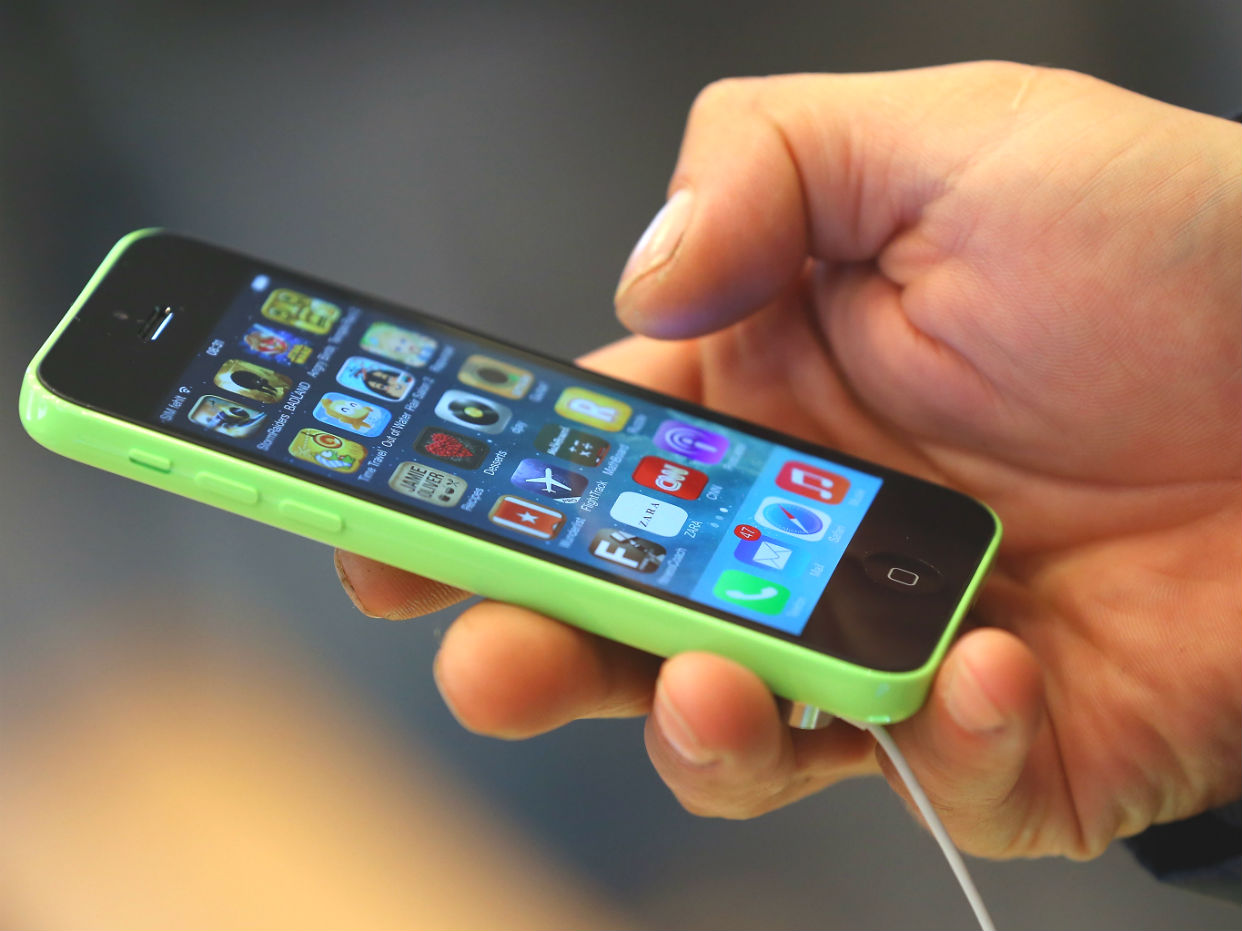 You may be scrolling three miles of content each year
You may be scrolling three miles of content each yearfeature And other stories from the stranger side of life
-
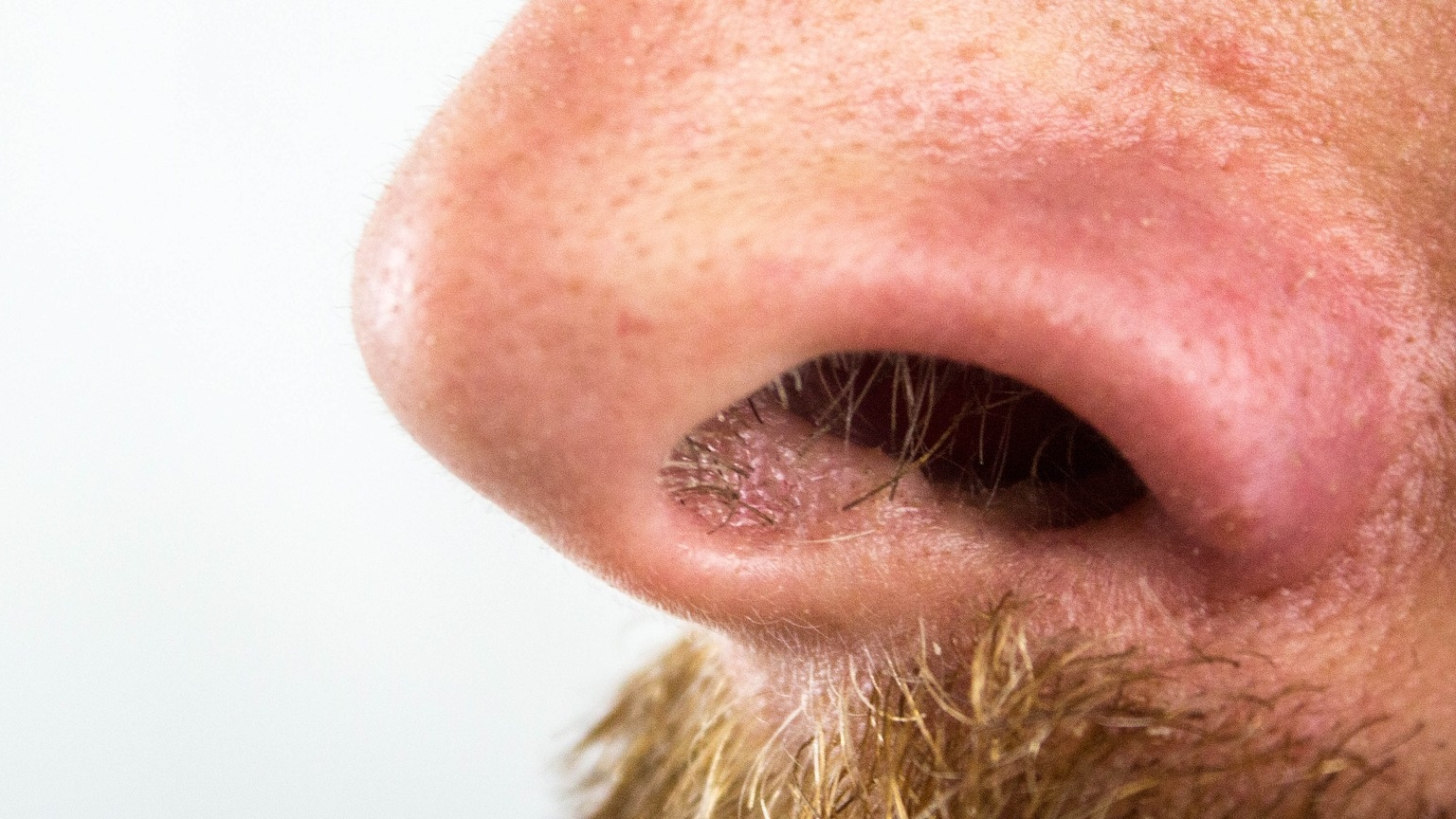 ‘Farting barrister’ wins £135,000 at tribunal
‘Farting barrister’ wins £135,000 at tribunalfeature And other stories from the stranger side of life
-
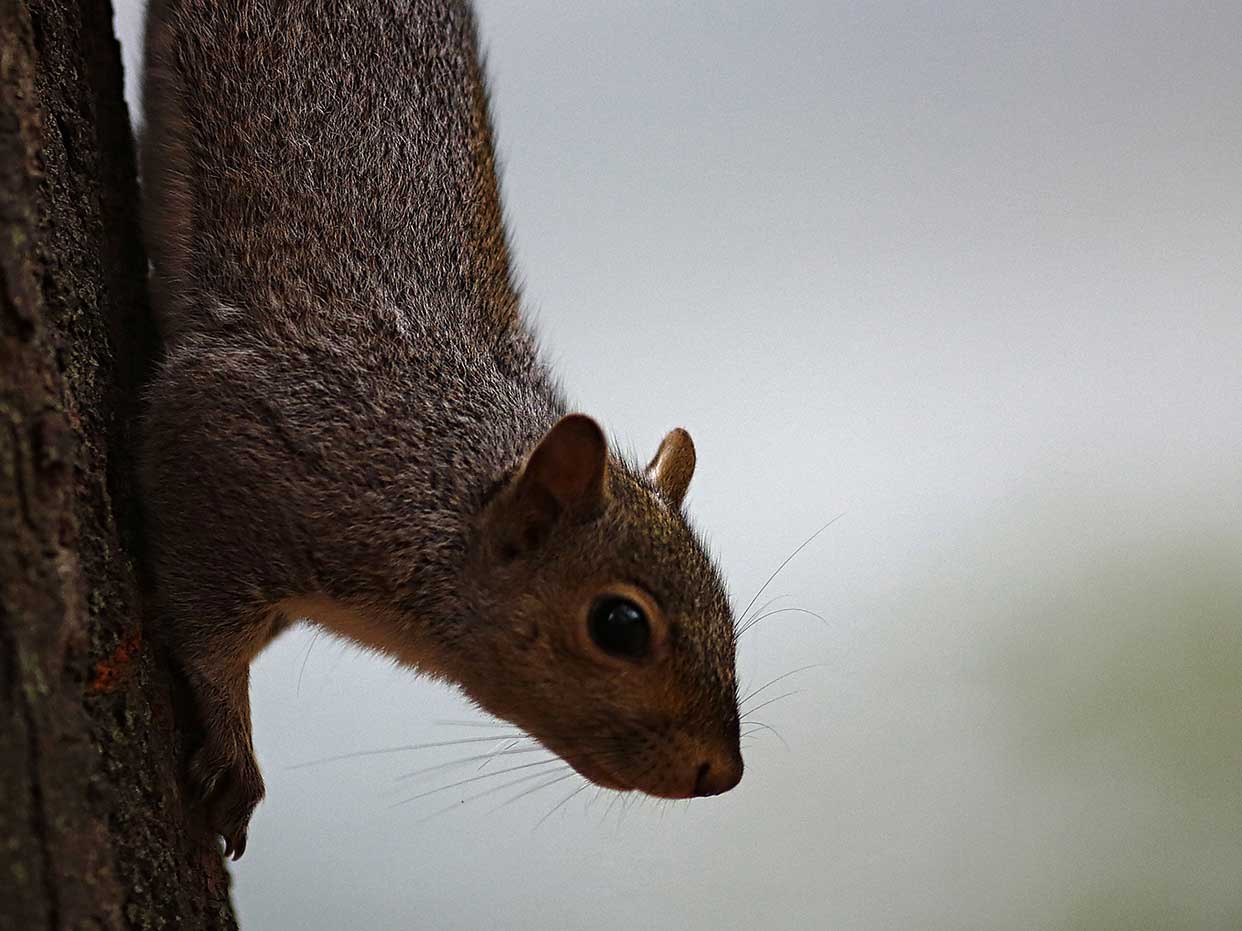 Squirrel runs away from India to Scotland
Squirrel runs away from India to Scotlandfeature And other stories from the stranger side of life
-
 ‘The UK’s malaise will not end with the Prime Minister’s exit’
‘The UK’s malaise will not end with the Prime Minister’s exit’Instant Opinion Your digest of analysis from the British and international press
-
 ‘Police tactics are not getting worse, they are simply being filmed’
‘Police tactics are not getting worse, they are simply being filmed’Instant Opinion Your digest of analysis from the British and international press
-
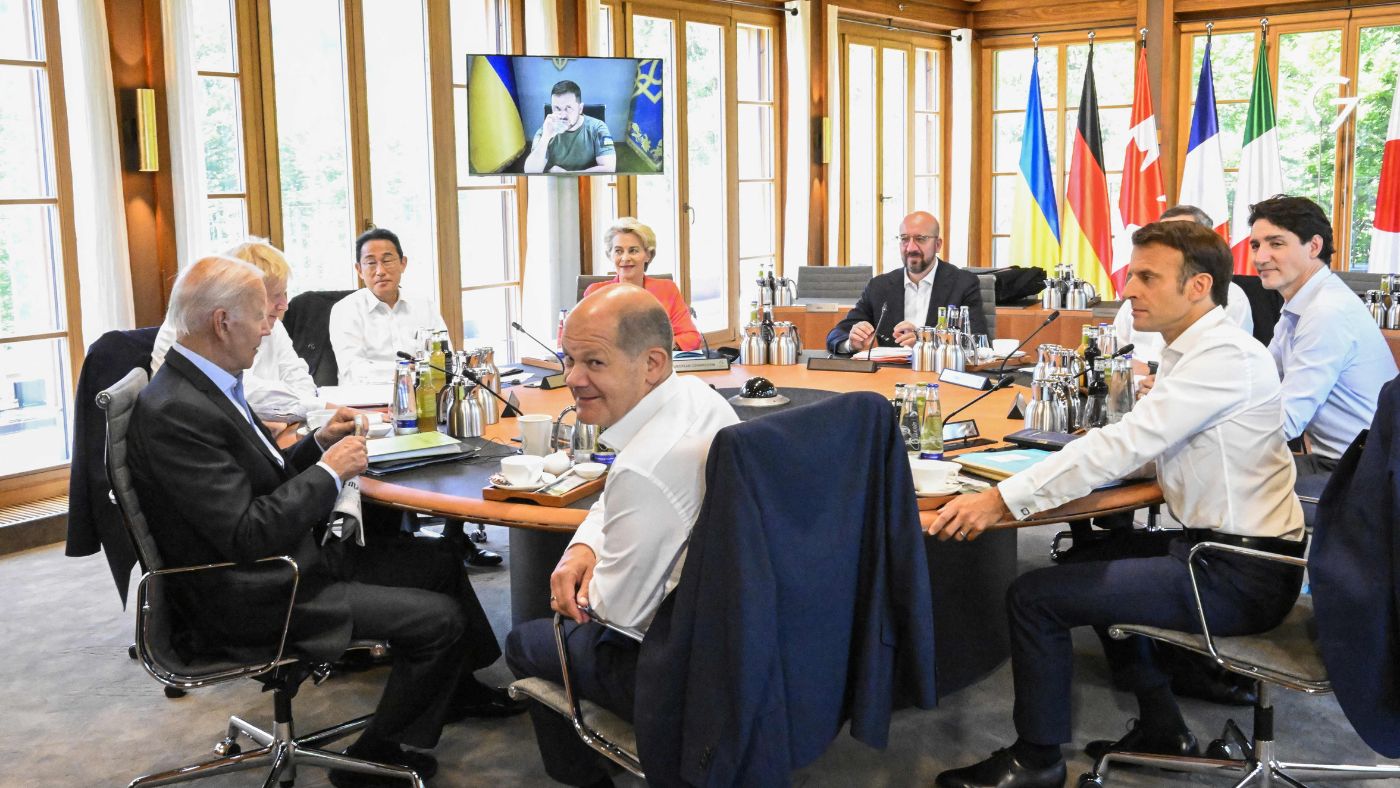 ‘G7 leaders missed a golden opportunity’
‘G7 leaders missed a golden opportunity’Instant Opinion Your digest of analysis from the British and international press
-
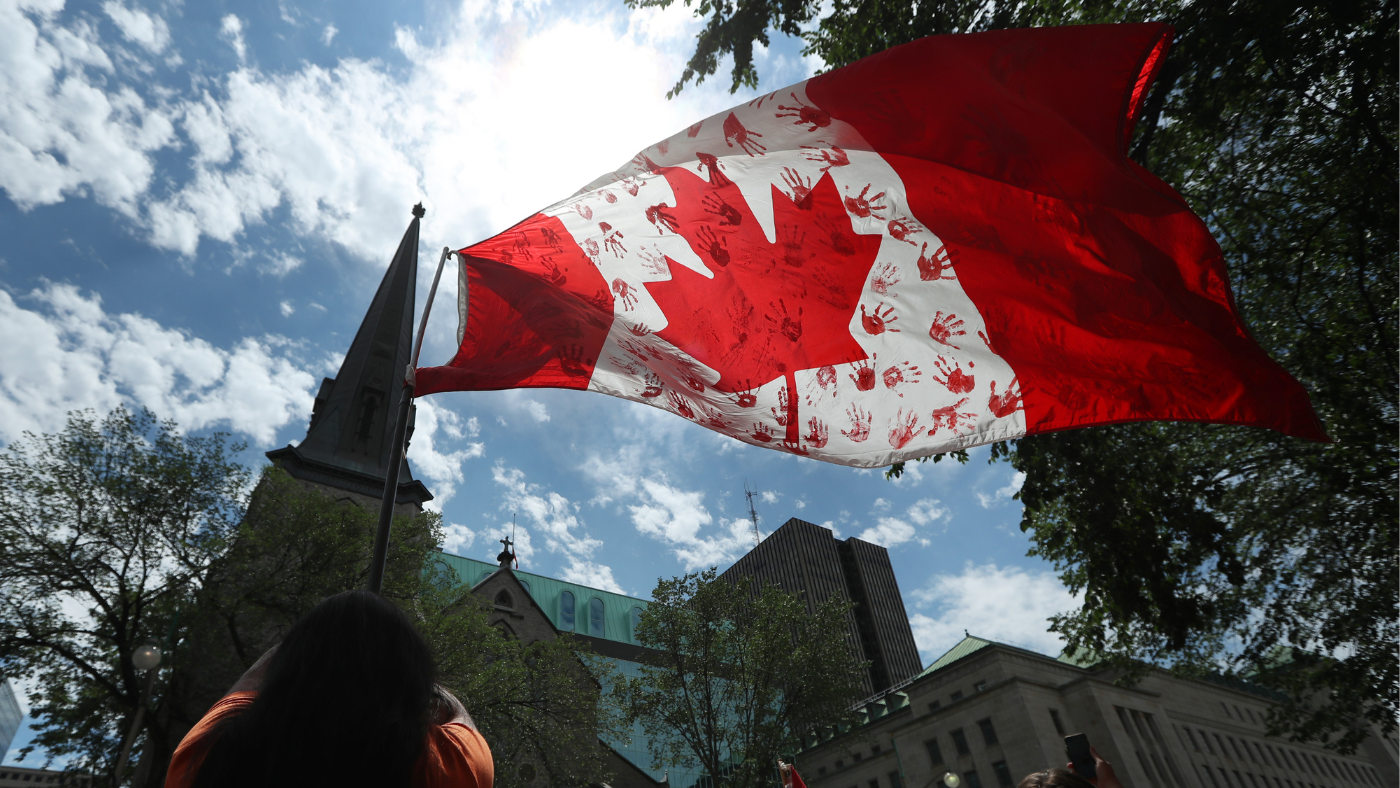 ‘It takes some soul searching to celebrate Canada Day’
‘It takes some soul searching to celebrate Canada Day’Instant Opinion Your digest of analysis from the British and international press